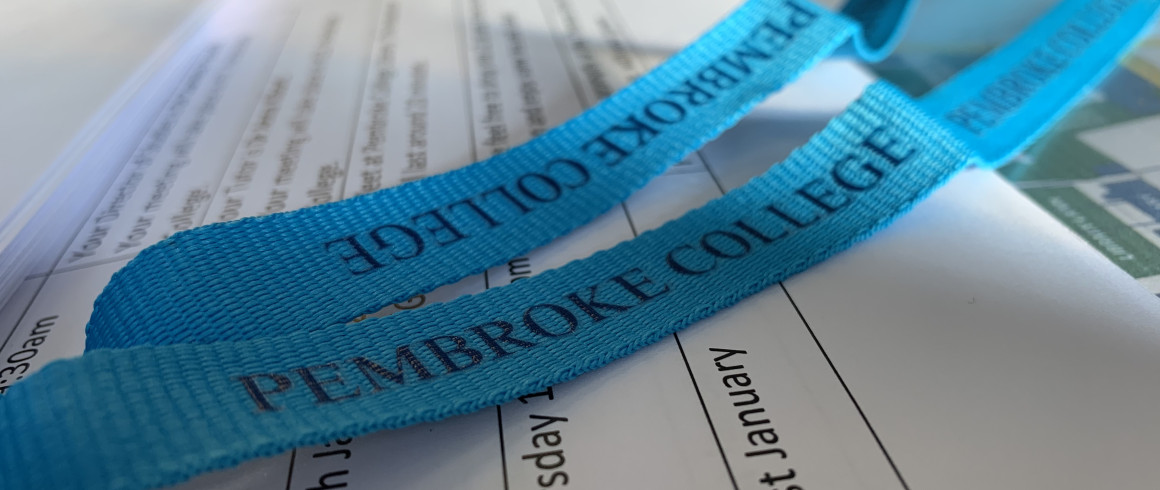Forensic Psychology
Emily Quin
This course will focus on psychological aspects of investigations and will combine theoretical and practical approaches to activities central to the investigative process such as interviewing witnesses and suspects, person identification, detecting deception, and jury decision-making. It will further introduce students to the associations between various mental disorders and antisocial behaviour and criminal offending.
Consideration will be given to psychological theories of offending and predisposing and precipitating factors that influence criminal behaviour. Students will gain knowledge about the approach of the criminal courts to those with mental disorders as well as treatments options. They will also be introduced to assessing the risk of reoffending, and rehabilitation of mentally disordered offenders.
Please be aware there will be some content overlap with the Crime and Criminal Justice course.
Course Objectives
- To develop a critical understanding of the application of psychological principles and methodologies to the study of criminal investigations and provide an introduction to the main theoretical perspectives relating to some activities central to key areas of the psychology of investigations
- To develop a critical understanding of the relationship between mental health and offending and to provide students with practical skills and an understanding of the difficulties faced by forensic psychologists
- To critically examine the application of empirical research findings to different real-world contexts of criminal investigations, consider the strengths and weaknesses of different methodological approaches and provide students with practical skills and an understanding of the difficulties faced by investigators
Intended Audience
This course is aimed at students with a broad interest in criminology, neurocriminology, neurological behavioural sciences, policing, criminal investigation, criminal prosecution, and the criminal justice process. This encompasses, but is not limited to, those majoring or minoring in psychological and behavioural sciences, criminal justice, law, law enforcement, psychology, and sociology courses.
Previous Knowledge
No previous knowledge of the subject is required, although the ability to critically analyse and discuss the course topics in an open-minded fashion is needed.
Transferable Knowledge and Skills
This course will develop students’ critical reading skills through engagement with a variety of readings on crime and criminal justice issues. Students’ intellectual skills will be enhanced by having to extract key elements from complex information, identifying opposing theories and engaging in lateral thinking.
Seminars will be focused on student discussion and thus will develop their communications skills and ability to marshal arguments lucidly, coherently and concisely. Academic writing skills will be developed through the assessment framework.
